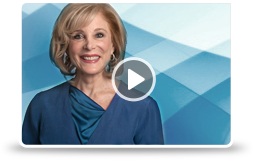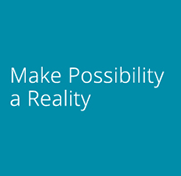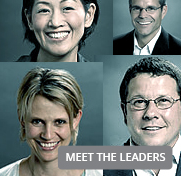Landmark Forum Syllabus: Day Three
I. The Pervasive Influence of the Past
Much of what makes up today and even tomorrow seems to be an extension or variation of what has come before. What we see as possible – what we are working toward – is essentially a more, better, or different version of the past.
In this section, we are given a technology for putting the past where it belongs – in the past. We begin to design our lives as a free and authentic expression – from what is possible, rather than what has been. Unencumbered by the past, we experience a greater level of vitality, well-being, and fun, and are able to enjoy
a newfound sense of connection and intimacy with the people in our lives.
II. Change vs. Transformation
We take for granted that things “are” a particular way. To effect change, we go to work on altering circumstances, the people around us, even ourselves. In this session, we explore the difference between change and transformation. Change is essentially a comparison to something that previously existed. By its very nature, change is past-based. Essentially, change yields more, better, or different from what came before. Transformation, on the other hand, is an act of bringing forth or inventing. It is something created, and is inherently expansive and infinite.
It is here in this section of The Landmark Forum that the shift, or transformation, occurs for people. This dramatic shift enables us to think and act outside existing views and limits, and to redefine ourselves and the reality we have known.
III. Language as an Access to Power
Language is commonly thought of as a bridge to the world. Even the way we learn language implies that first there is a world. Then, in order to connect and deal with that world, we learn language. We seldom, if ever, consider that language may in fact be what brings that world into being.
In this session, we explore a new view of language that alters the very nature of what is possible. Language comes to be seen as a creative act. Listening and speaking – actions we would normally see as commonplace – take on new dimensions and unexpected power. They become instruments of creation.
IV. The Nature of Choice
The power to choose is uniquely human. We all have a high interest in shaping the course of our lives – making the right choices and pursuing what is important to us. One commonly held view regards choice as merely reacting to, or selecting among, the existing options. Here we take another view.
In this section, we explore choice as a profoundly human ability to create. When choice is understood and known in this way, what had previously seemed simply part of “the way things are” – inevitable or impervious to change – appears in a new light. We find ourselves able to choose – to have a say – about who we are and who we will be, as the author of our lives in any and all situations.




